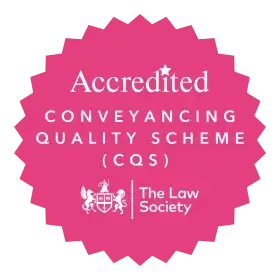Conveyancing Experts
Residential Conveyancing Solicitors
Fairmont Law Solicitors maintain a large and extremely experienced conveyancing team which are equally multi-lingual, who will be able to make the process as straightforward as possible, whether it is your first step on the property ladder or you are buying your dream home or otherwise.

